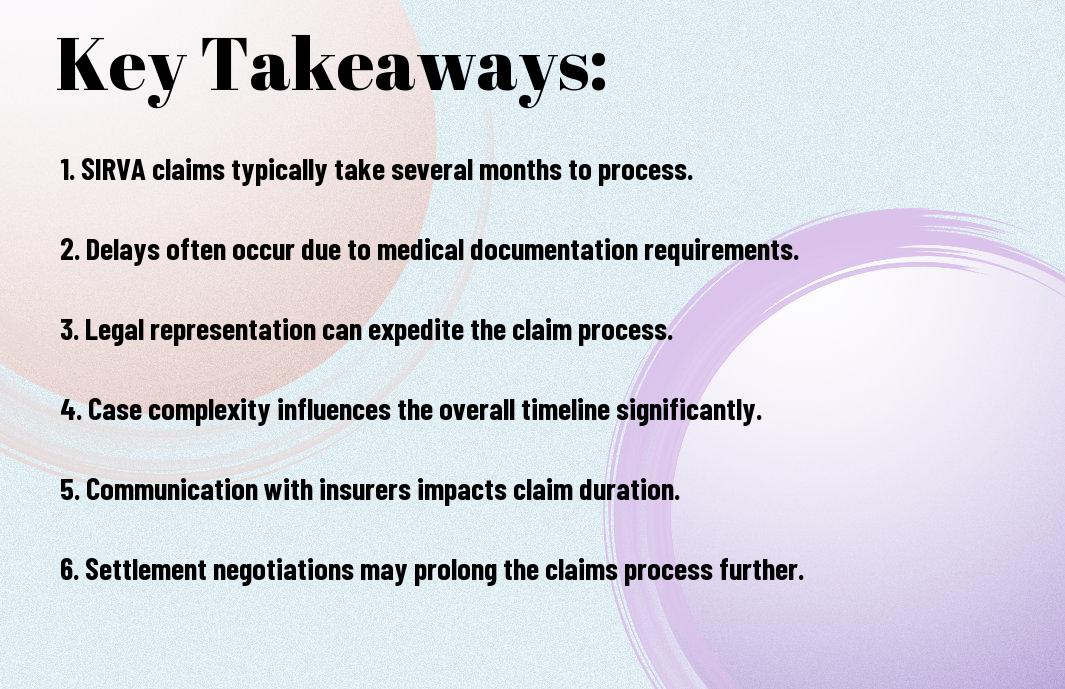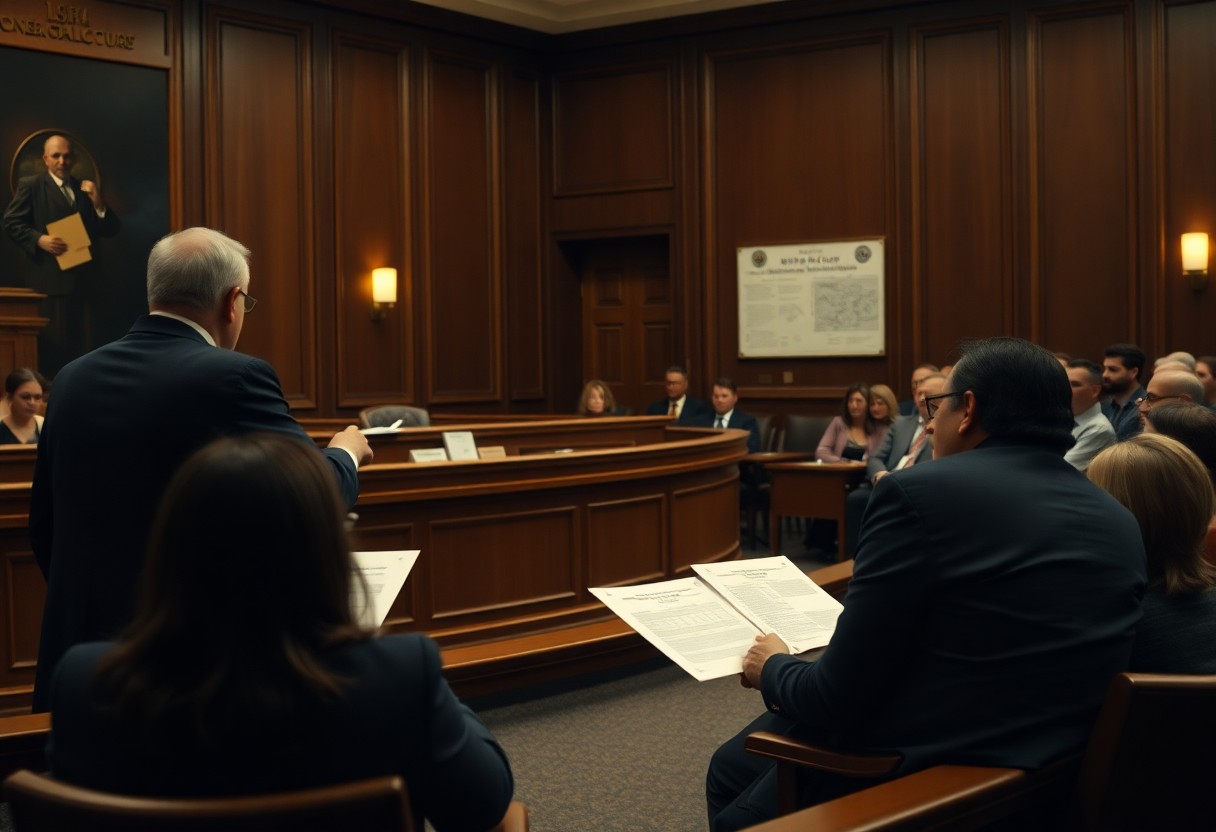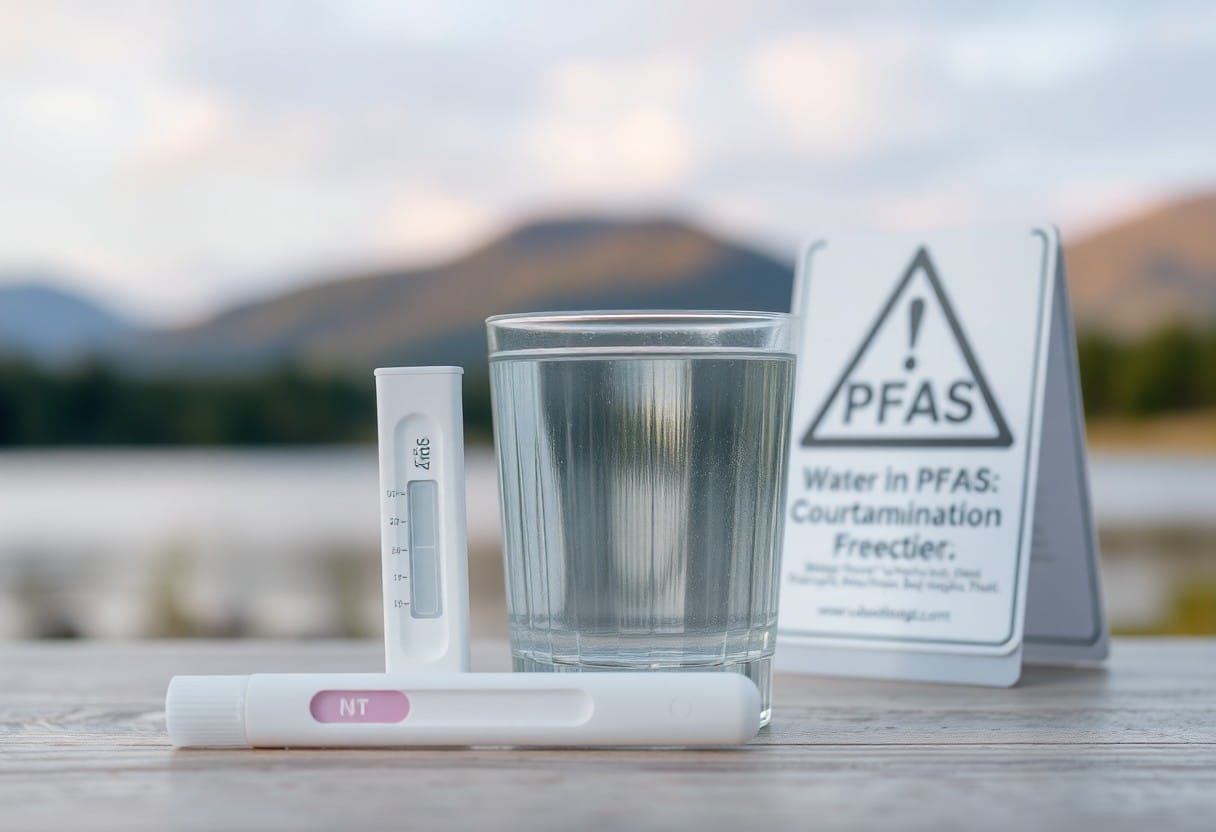Claims related to SIRVA (Shoulder Injury Related to Vaccine Administration) can vary significantly in duration, influenced by factors such as the complexity of your case and the responsiveness of involved parties. Understanding the timeline of your claim is imperative for your planning and expectations. Generally, it may take anywhere from a few months to over a year to resolve your SIRVA injury claim. By staying informed and proactive, you can navigate through this process more effectively, potentially leading to a positive outcome for your situation.
Understanding SIRVA Injuries
To navigate the complexities of SIRVA injuries, it’s important to grasp their fundamental aspects. SIRVA, or shoulder injury related to vaccine administration, occurs when a vaccine is incorrectly injected into the shoulder joint, leading to pain and reduced mobility. Understanding the factors that contribute to this type of injury can empower you to take proactive measures in your healthcare journey.
Definition of SIRVA
To define SIRVA, it’s important to recognize it as a condition where shoulder pain arises from inappropriate vaccination technique, particularly during intramuscular injections. This condition can result in significant discomfort and hinder your daily activities, making awareness of the proper vaccination methods imperative.
Common Causes
Among the common causes of SIRVA injuries are improper injection techniques and anatomically unique factors in patients. Misplaced injections, particularly in the upper shoulder area, often lead to inflammation and damage to the shoulder joint.
For instance, if the vaccine is injected too high in the shoulder, it can affect the deltoid muscle and surrounding tissues, leading to pain and restricted movement. Additionally, factors such as muscle tension, joint alignment, and previous shoulder conditions can exacerbate the risk of SIRVA. Understanding these common causes can help you advocate for proper vaccination practices and minimize your chances of experiencing shoulder injuries related to vaccinations.
The Claims Process
You may be wondering what the claims process for a SIRVA injury entails. Typically, this process can involve several stages including gathering necessary documentation, submitting your claim, and potentially negotiating a settlement. Understanding each step can help you navigate this journey with greater confidence and clarity.
Steps in Filing a SIRVA Injury Claim
Around the country, filing a SIRVA injury claim typically involves several key steps. First, you will want to consult with a medical professional who can confirm your diagnosis. Next, gather all relevant medical records and documentation to support your claim, followed by submitting your claim to the appropriate insurance provider.
Required Documentation
Injury claims require specific documentation to support your case. You must collect medical records, treatment plans, and any bills related to your injury. Additional paperwork, including the date of your vaccination and any statements related to your symptoms, may also be necessary.
It is imperative to compile a comprehensive list of documents to strengthen your claim. These documents may include medical records establishing your injury, photographs that illustrate your condition, treatment bills, and witness statements if applicable. Providing thorough and well-organized documentation can significantly enhance the validity of your claim and increase the chances of a favorable outcome.
Factors Influencing Claim Duration
Assuming you are navigating a SIRVA injury claim, several factors can impact its duration, including:
- Complexity of the Case
- Insurance Company Response Time
- Your Documentation
- Negotiation Processes
Knowing these elements can help you better prepare for the timeline of your claim.
Complexity of the Case
Below are key aspects that determine the complexity of your case: the severity of your injury, whether you have pre-existing conditions, and the clarity of the evidence presented. Each of these factors can either streamline or lengthen the claim process, affecting how quickly you receive compensation.
Insurance Company Response Time
With each insurance company having its protocols, response times can vary significantly. Factors such as the workload of the claims adjuster and the specifics of your claim can all contribute to delays. A slow response from the insurer can leave you waiting longer for resolution.
Considering that insurance companies often prioritize their interests, response times can be adversely affected by their internal processes. Ensure your documentation is thorough and accurate to facilitate a smoother interaction. A delayed response can be frustrating, and it may further complicate your claim. Therefore, maintaining open lines of communication and following up regularly can be beneficial for expediting the response time. Protect your interests by staying proactive and informed during this period.
Typical Timeframes for Different Scenarios
Now, understanding that SIRVA injury claims can vary significantly in terms of duration is vital when navigating the legal landscape. Claims that are straightforward often resolve more swiftly compared to those that encounter disputes. Becoming familiar with these different timelines can help you manage your expectations and make informed decisions about your case.
Straightforward Claims
With straightforward claims, you can typically expect a resolution within six months to a year. These cases often involve clear evidence of injury and liability, allowing for a more expedited process. However, it’s important to prepare for potential delays due to documentation or procedural requirements.
Disputed Claims
Different claims that involve disputes will generally take much longer to resolve. If there’s a disagreement about the nature of your injury or its connection to the vaccination, you may find yourself in a prolonged process that could stretch from one to three years or even longer.
Typical disputed claims will require additional evidence gathering, negotiations, and possibly even litigation, making the duration unpredictable. During this time, you should stay focused on maintaining thorough records of medical treatments, communications, and other relevant documentation. This can greatly support your case should you need to escalate to more formal legal processes. Additionally, working with a qualified attorney will enhance your chances of navigating the complexities efficiently, increasing your chances for a positive outcome.
How to Speed Up the Process
For a smoother and quicker SIRVA injury claim process, consider implementing certain strategies. You can significantly reduce delays by staying organized, maintaining clear communication, and being proactive in managing your claim.
Preparing Thorough Documentation
To expedite your claim, it’s important to assemble all relevant documentation meticulously. This includes your medical records, treatment plans, and any correspondence with healthcare providers. The more complete your records, the less time adjusters will need to gather necessary information.
Communication Tips
To effectively navigate your claim, maintain open lines of communication with all parties involved. Here are some helpful tips:
- Be honest and precise when sharing details.
- Keep a record of all conversations and correspondence.
- Follow up periodically to stay informed on the progress.
After following these tips, you’ll likely find the process becomes more manageable and efficient.
Process your communications with diligence. Consider setting regular reminders for check-ins. Clear and consistent updates with your claims adjuster will keep you informed and signal your eagerness to resolve your claim promptly. Focus on maintaining a professional tone, and ensure your questions are precise:
- Request timelines for each step.
- Clarify any confusing terms related to your claim.
- Express appreciation for their efforts.
After implementing these strategies, you’ll likely notice improved responsiveness and support throughout your claim journey.
Seeking Legal Assistance
Not every SIRVA injury claim requires legal representation, but enlisting a skilled attorney can significantly benefit your case. They can navigate the complexities of the legal process, ensuring you meet deadlines and gather necessary documentation. Engaging an attorney can help you secure the compensation you deserve while you focus on your recovery.
When to Consult an Attorney
Behind every SIRVA injury claim, there may be complex factors at play, including insurance disputes and medical documentation. It’s wise to consult an attorney if you face any challenges during the claim filing process or if your case requires negotiation with insurance adjusters.
Benefits of Legal Representation
Representation by an experienced attorney can enhance your chances of achieving a favorable outcome in your SIRVA injury claim. Attorneys understand the legal landscape and can help you navigate the intricacies of medical evidence, liability, and compensation negotiations. Having a legal expert on your side also means your rights will be protected, and you will have access to professional insights that can greatly influence the success of your claim.
Assistance from a qualified attorney brings expert guidance to your case, ensuring critical elements are not overlooked. They can provide valuable insight into effective strategies for presenting your injury claim, enhancing the potential for maximum compensation. Moreover, a legal professional can alleviate your stress by managing communication with insurance companies and the courts, allowing you to prioritize your physical and emotional recovery. Choosing representation can ultimately lead to a more favorable resolution to your SIRVA injury claim.

Conclusion
Hence, understanding the timeline for SIRVA injury claims can help you set realistic expectations for your case. While each situation is unique, factors such as documentation, negotiation, and response times can influence the duration. Staying organized and maintaining communication with your attorney can significantly expedite the process. Ultimately, being informed and proactive in your claim can assist you in achieving a satisfactory resolution more efficiently.


















